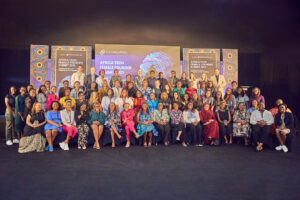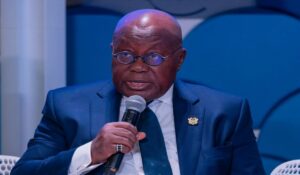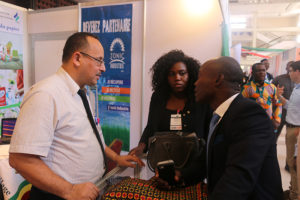 Schneider Electric, the world specialist in energy management, released the first survey on electrical counterfeiting products ever conveyed in Africa.
Schneider Electric, the world specialist in energy management, released the first survey on electrical counterfeiting products ever conveyed in Africa.
The survey took place in eleven African countries: Cameroon, Republic of the Congo, Democratic Republic of the Congo (DRC), Ghana, Guinea, Ivory Coast, Kenya, Nigeria, Tanzania and Uganda.
More than 500 “high level” officials and professionals were contacted by 37 African trained investigators. They answered a total of 8.185 questions.
“For the first time, all stakeholders of the African electrical market will be able to move forward, based on a solid picture of reality”, Tracy Garner, Anti-Counterfeiting Global Manager said.
Based on the results, the first conclusion is that counterfeiting of most common electrical products is widely spread in all African countries, representing 40% to 80% of their markets. Cables, breakers, sockets, switches and extension cords, are the five most counterfeit electrical products (in that order).
China remains the main source of electrical counterfeit goods entering the continent (75% of the answers) followed by the rest of Asian countries. Locally manufactured counterfeits originate mostly from Tanzania, Nigeria and Ivory Coast.
“Now, having measured the impact of counterfeits on African economies and users’ safety, the urgency to act is real. Schneider Electric is committed to do its best in answering professionals’ demands and expectations expressed in the survey”, Tracy said.
As a global specialist in energy management and automation with operations in more than 100 countries, Schneider Electric offers integrated solutions across multiple market segments, including leadership positions in Non-residential & Residential Buildings, Industries & Machines Manufacturers, Utilities & Infrastructure and Data Centers & Networks.
Focused on making energy safe, reliable, efficient, productive and green, the Group’s 170,000 employees achieved revenues of 25 billion euros in 2014, through an active commitment to help individuals and organizations make the most of their energy. African Eye News.com





